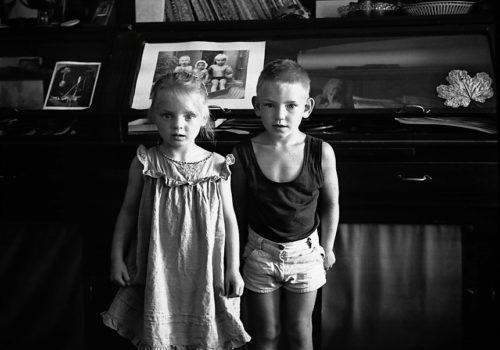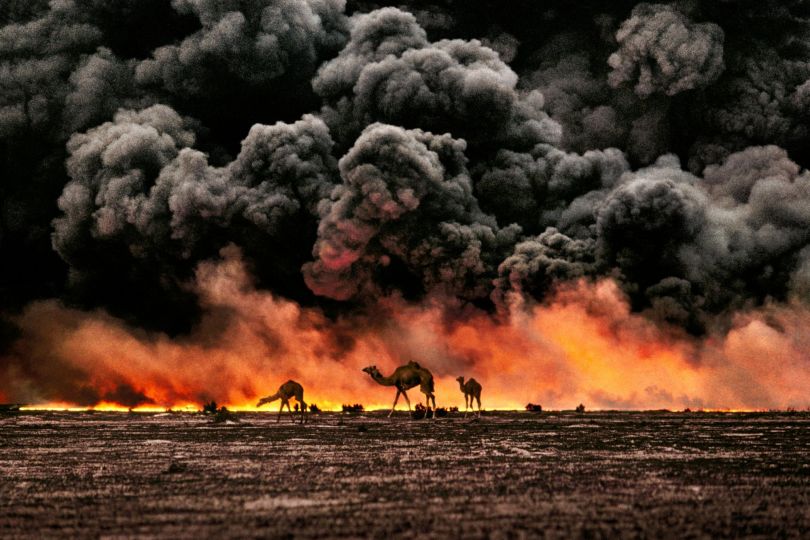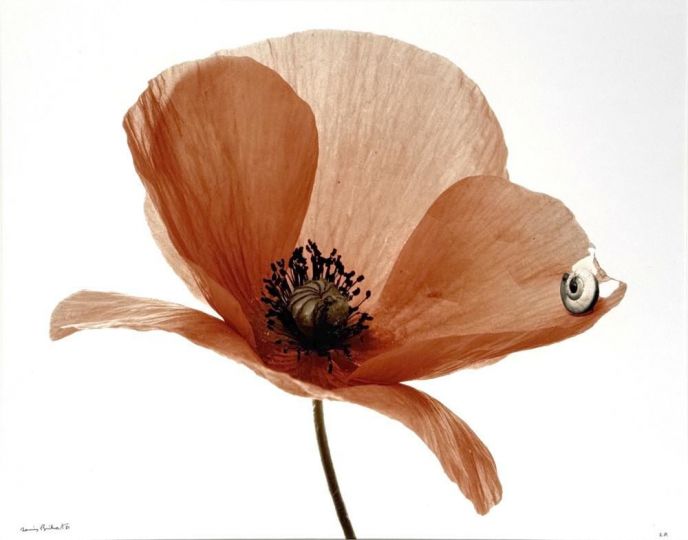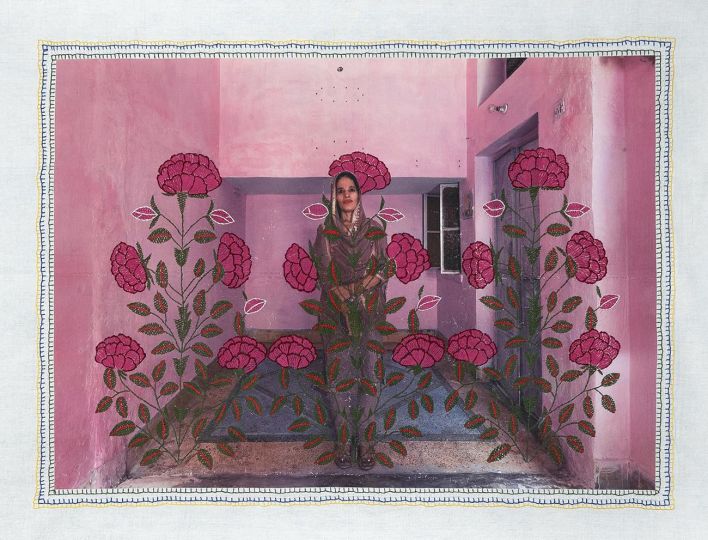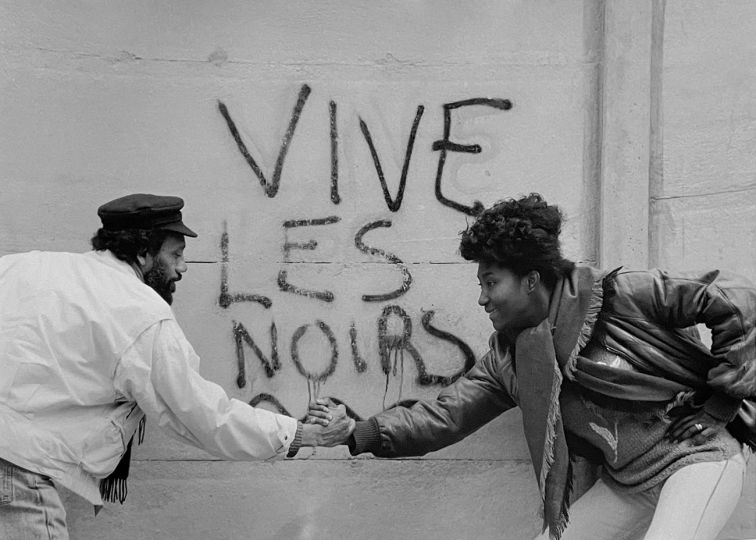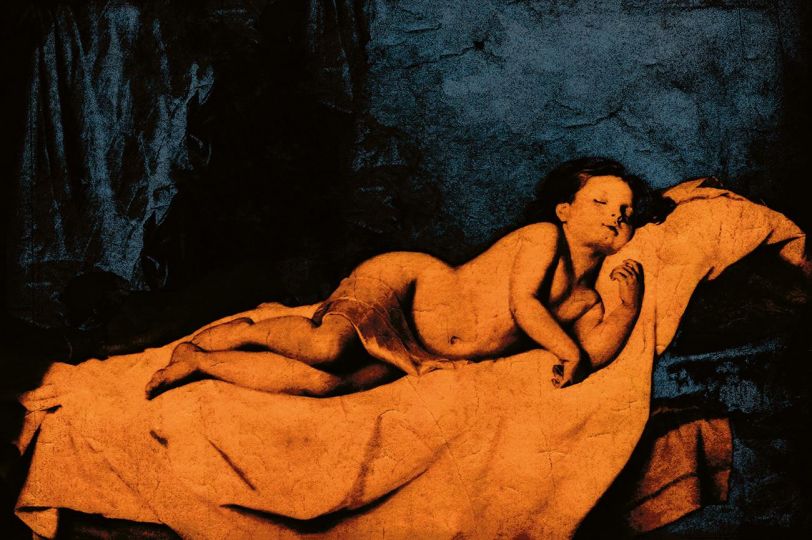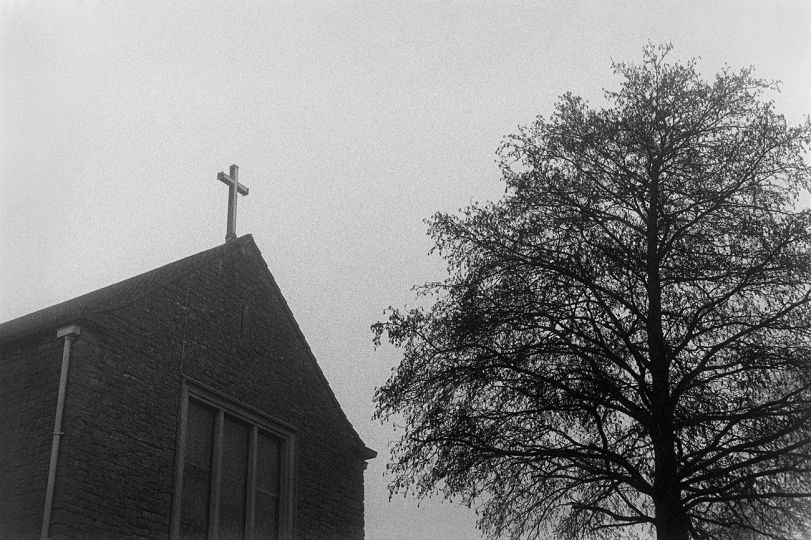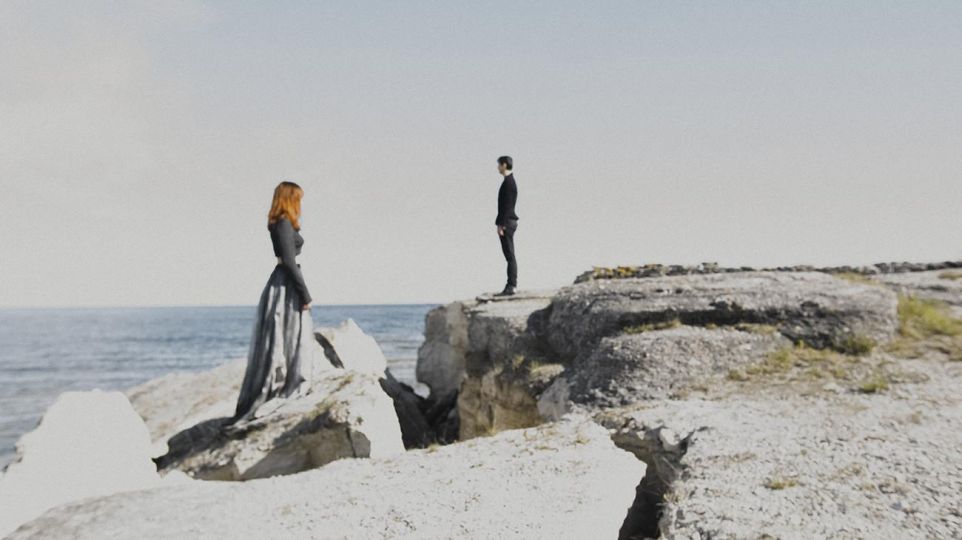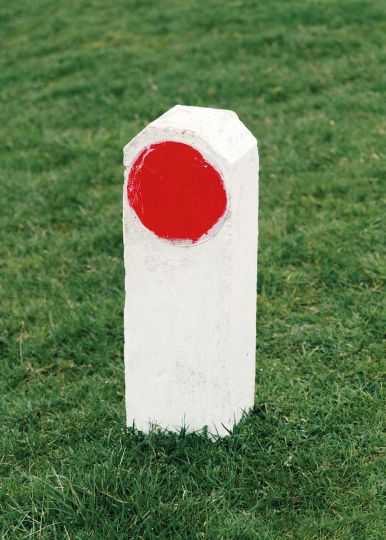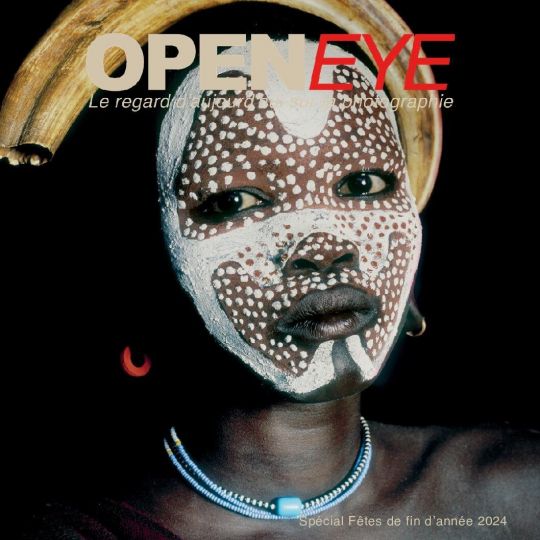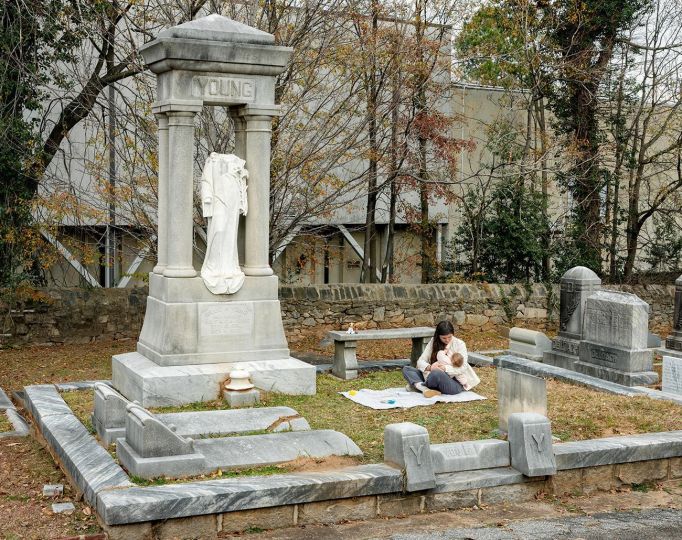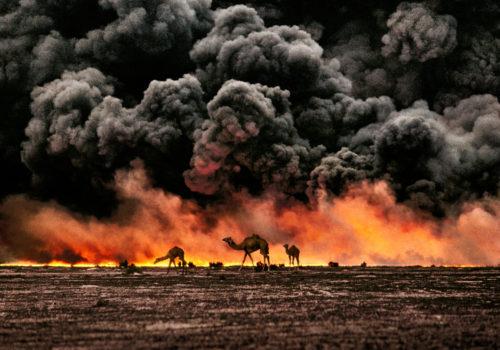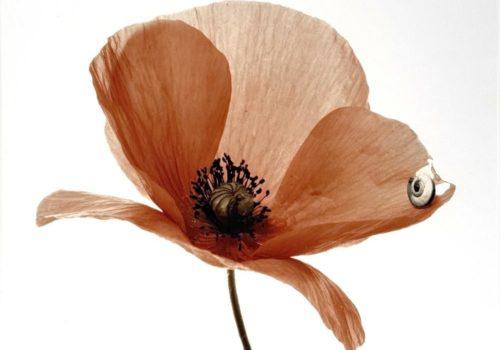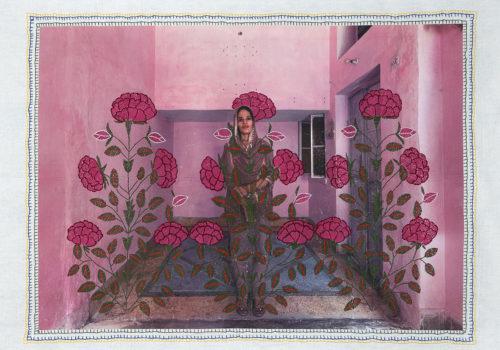Carole Naggar sent us this excerpt from her preface for the book EUROPA by Dominique Souse published by Mare & Martin.
Europa is not Europe. It is not a geographical appellation, but it is history, memory, and space and time, space-time where the dotted lines of the borders are, too often, scars; in which the angel of history still wanders with broken wings, ever since he was driven away from the ancient churches of Istria, since his heart, the “ex” Yugoslavia, was thrown to the dogs.
No, it is not about geography, or even politics.
Here space embodies the density of a time that holds instant and memory. A time when the act of seeing knits together what was broken, wounded. Europa is a story, Dominique Souse’s story, and she gradually makes it ours; it has been slowly built with the patience of one who disregards the fashions, aims straight for the essential, and has nothing to gain or lose. Europa is a journey of more than twenty-five years.
During Dominique’s travels, certain places and beings have sometimes unlocked something inside her and opened other spaces and other times within her; the present was no longer just present but carried shards of memory in its murky, powerful waters. It is as if—in what we call everyday life—we were lost; and could only access our own soul, our own unconscious, intermittently, in lightning flashes, when a person, a place, the sound of footsteps, the stagnant smell of pond waters, the colors of a salamander, or the softness of a piece of velvet become a lighter that inflames memory, awakening painful, melancholic, or joyful remembrances. An affinity is then forged between what we see and what we once knew but had forgotten. It is the spark that creates a great photograph, a painting, a piece of music, or a poem.
(…)
She remains open and porous to the world, and these living forces of poetry, music, and cinema, which she eagerly absorbed, have penetrated the heart of her vision. Thus, she watched films directed by Alain Cavalier and German Expressionist films such as those of Murnau, among others, the films of Bresson and Bergman, Andrei Rublev, Mirror, and Stalker, directed by Tarkovsky: the theme of a quest is present in all these films, as in her work. .
In her photographs I sometimes find, like a reference or a sudden flash, traces of her admirations—Senigallia, the hometown of Mario Giacomelli, she visited; the disturbing and absurdist poetry of Christer Strömholm; the lyricism of northern tales; and Ralph Eugene Meatyard’s haunting images of masked children crouching in the shadows. But all these influences have been reworked, melted in her imagination’s crucible, to form a unique work of art.
(…)
Drenched in the storms of history and her own history, Dominique Souse’s photographs have absorbed the strength and incertitude, the joy and melancholy of survivors. She recognizes herself in the most vulnerable: children, the elderly, exiles, refugees, and the homeless; filmmakers, musicians, painters, and poets who seek a home in their work. Those for whom time has stopped through absence, or those for whom time does not, or no longer, matters.
Carole Naggar
Poet, Writer, Photography Historian
www.carolenaggar.org
https://www.degruyter.com/document/doi/10.1515/9783110706345/html?lang=en
https://www.dechargelarevue.com/Polder-192.html
https://www.lespetitesallees.fr/edition/les-collections/pour-dire-une-photographie
Dominique Souse : Europa
Publisher : Mare et Martin
212 pages
ISBN : 978-2-362-22099-9
https://www.mareetmartin.com/livre/europa

